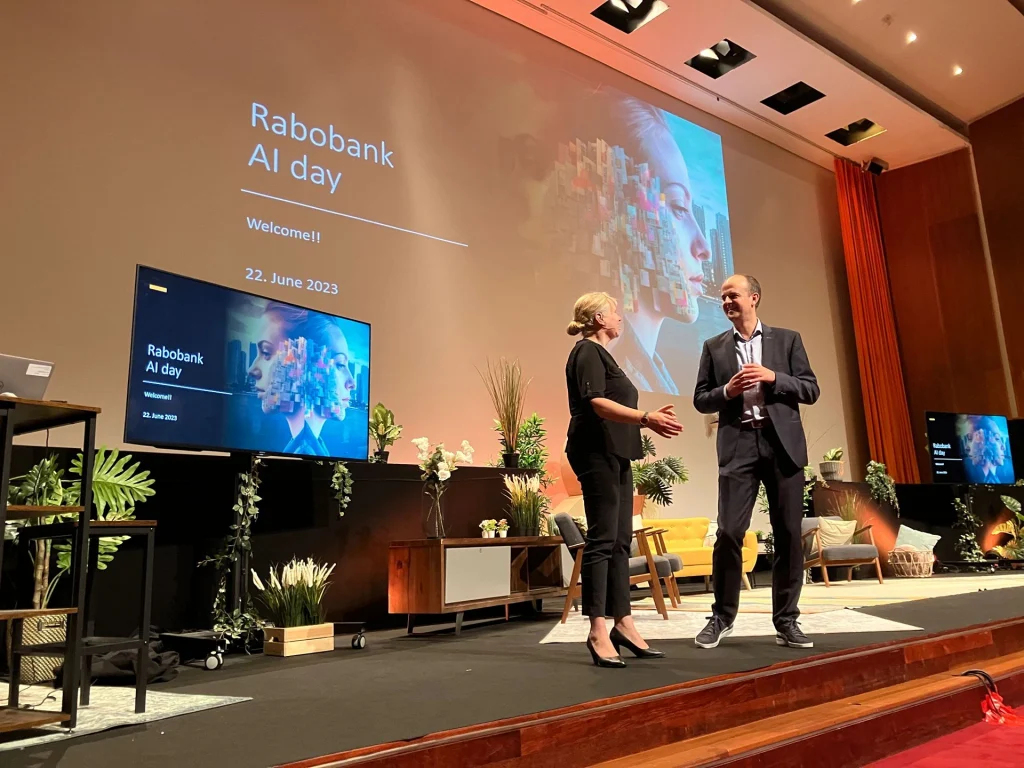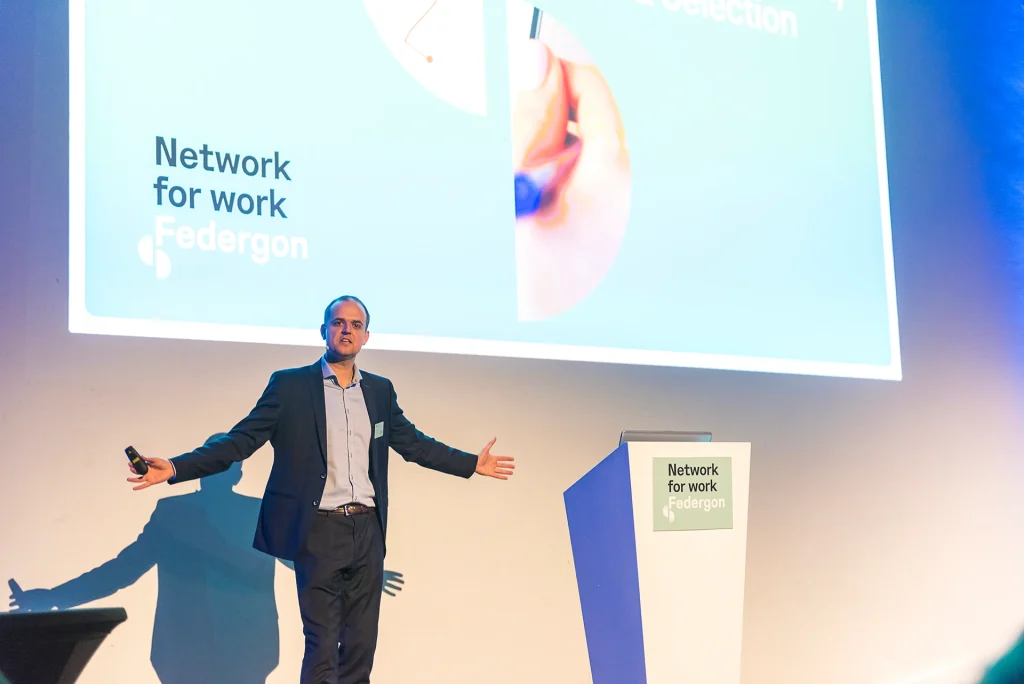Table of Contents
How to Overcome AI Anxiety and Embrace Opportunity: A Leader’s Guide to Thriving in the Algorithmic Age
The Paradox of Progress
We stand at a unique crossroads in human history. Artificial intelligence, once the realm of science fiction, now drives medical breakthroughs, reimagines industries, and even crafts poetry. Yet, a 2023 IBM study found that 67% of CEOs feel unprepared to lead in the AI era, while 82% of employees fear their skills will become obsolete. This isn’t just “tech anxiety”—it’s a crisis of confidence in our ability to coexist with machines.
But here’s what most miss: AI isn’t a force to fear—it’s a mirror. It reflects our best and worst tendencies: our biases, our ingenuity, and our capacity for growth. The real challenge isn’t the technology—it’s our mindset.
The Roots of AI Anxiety (And Why They’re Misplaced)
- The “Job Apocalypse” Myth
- Reality: AI is a job transformer, not a job destroyer. The World Economic Forum predicts AI will create 97 million new roles by 2025, from AI ethicists to hybrid human-AI managers.
- Example: A major bank automated 30% of routine tasks—then retrained those employees to analyze AI-driven market trends, boosting revenue per worker by 40%.
- The “Job Apocalypse” Myth
- Fear: “AI will replace me.”
- Reality: AI is a job transformer, not a job destroyer. The World Economic Forum predicts AI will create 97 million new roles by 2025, from AI ethicists to hybrid human-AI managers.
- Example: A major bank automated 30% of routine tasks—then retrained those employees to analyze AI-driven market trends, boosting revenue per worker by 40%.
- The Black Box Fallacy
- Fear: “We can’t trust what we don’t understand.”
- Reality: Modern explainable AI (XAI) tools demystify decisions. The key isn’t knowing how to code neural networks—it’s knowing how to ask the right questions.
- Ethical Panic
- Fear: “AI will make biased, harmful choices.”
- Reality: AI amplifies existing systems. The problem isn’t the tool—it’s how we design it.

The 4-Step Framework to Transform Anxiety into Advantage
(Adapted from my keynote: “The AI-Powered Leader”)
1. Reframe: From Threat to Teammate
- Exercise: List tasks you dread (e.g., data entry, scheduling). Now, brainstorm how AI could handle 80% of them.
- Case Study: A law firm used AI to review contracts, freeing lawyers to focus on high-stakes negotiations. Profit margins rose 22% while burnout dropped.
2. Audit: Separate Hype from Strategic Value
- Ask:
- “Does this AI solution solve a real problem, or are we chasing shiny objects?”
- “What data biases might we be codifying?”
- Tool: Download my “AI Opportunity Scorecard” [CTA link] to rank projects by impact vs. risk.
3. Upskill: Learn the Language of AI (Without Becoming a Programmer)
- Focus on:
- AI Literacy: Understand terms like LLMs, neural networks, and reinforcement learning.
- Critical Questioning: “What data trained this model?” “How do we measure its fairness?”
- Resource: My team’s “AI Decoder Kit for Leaders” [CTA link] explains key concepts in under 10 minutes.
4. Pioneer: Co-Create the Future
- Action: Assemble a cross-functional “AI Ethics Council” with diverse voices (HR, legal, frontline workers).
- Example: A healthcare CEO included patient advocates in AI diagnostic design, increasing patient trust scores by 63%.

The Opportunity Most Miss
While competitors panic about ChatGPT taking jobs, visionary leaders are asking:
- “How could AI help us redefine our industry?”
- “What legacy systems are we clinging to that AI could reinvent?”
- “How do we empower teams to partner with AI creatively?”
The greatest risk isn’t AI disruption—it’s self-imposed obsolescence through inaction.
Your Invitation to Lead
At a recent executive retreat, a CFO told me: “I used to see AI as a cost. Now, it’s our compass.” That shift—from anxiety to agency—is what separates leaders who survive from those who shape the future.
The AI era doesn’t demand that we become machines. It demands that we become more human: curious, adaptable, and relentlessly ethical.
Ready to redefine your relationship with AI?
- Explore my keynote topic: “From Anxiety to Agency: Leading in the AI Revolution”
- Download: “5 AI Conversation Starters for Your Next Leadership Meeting”
About the Author
Maarten is a global keynote speaker and strategic advisor helping organizations transform AI anxiety into actionable advantage. Featured in Forbes/TED/MIT Tech Review, He have guided Fortune 500 CEOs, policymakers, and startups to ethical, profitable AI adoption.

